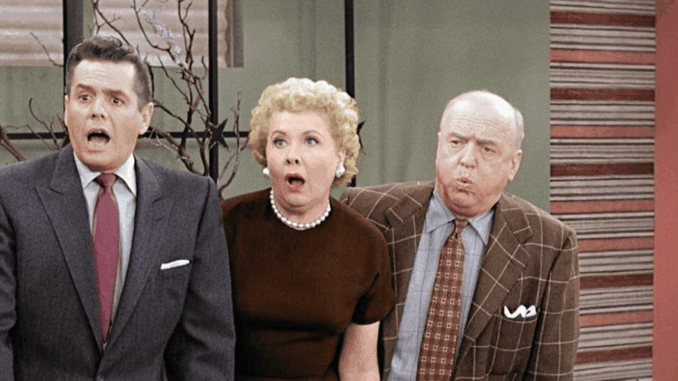
Since its debut in 1951, I Love Lucy has stood as a shining beacon of television comedy. Its charm, wit, and groundbreaking style have ensured its place as one of the most enduring shows in TV history. But what exactly makes I Love Lucy so timeless — captivating audiences across generations and cultures?
Iconic Comedy Scenes That Defined a Genre
From Lucy’s frantic chocolate factory escapade to the unforgettable “Vitameatavegamin” episode, I Love Lucy delivered comedy moments that became etched in pop culture history. Lucille Ball’s unmatched physical comedy skills and impeccable timing transformed every mishap into pure comedic gold.
These classic scenes didn’t just entertain; they set a new standard for sitcom humor. The ability to blend slapstick with relatable character-driven stories made the show universally appealing and endlessly rewatchable.
A Perfect Blend of Humor and Humanity
What set I Love Lucy apart was its masterful balance between lighthearted comedy and heartfelt storytelling. The show captured the dynamics of marriage, friendship, and family life with a tenderness that grounded the humor in real-life experiences.
The characters weren’t just caricatures; they felt like neighbors, friends, and family. This authenticity helped audiences connect deeply with the show, making its humor hit home with warmth rather than just gags.
Revolutionary Television Techniques
At a time when television was still finding its footing, I Love Lucy pioneered filming techniques that are standard today. The multi-camera setup filmed before a live studio audience brought a theater-like energy to the screen and preserved the genuine audience reactions that enhanced the comedy.
Additionally, filming on 35mm film rather than live broadcasts allowed for higher-quality reruns and syndication, contributing to the show’s lasting popularity. The show’s production innovations had a ripple effect that shaped the future of sitcoms worldwide.
Shaping Cultural and Social Conversations
Beyond comedy, I Love Lucy subtly challenged social norms of the 1950s. Featuring a mixed-race marriage between Lucille Ball and Desi Arnaz’s characters was groundbreaking and helped pave the way for more diverse representations on television.
The show also portrayed a strong, ambitious female lead at a time when women were often relegated to secondary roles. Lucy’s antics and dreams inspired countless women to pursue their passions despite societal limitations.
An Enduring Influence Across Generations
Even decades after its finale, I Love Lucy remains a cultural touchstone. It continues to influence comedians, actors, and producers. The show’s humor transcends time, making it a perfect introduction to classic TV for new audiences.
Moreover, its legacy lives on in countless parodies, homages, and reboots, proving that the magic of I Love Lucy is truly timeless.
In summary, the secret behind I Love Lucy’s enduring appeal lies in its perfect fusion of comedy, heart, and innovation. It’s more than just a show — it’s a cultural revolution wrapped in laughter that continues to inspire and entertain millions worldwide.
